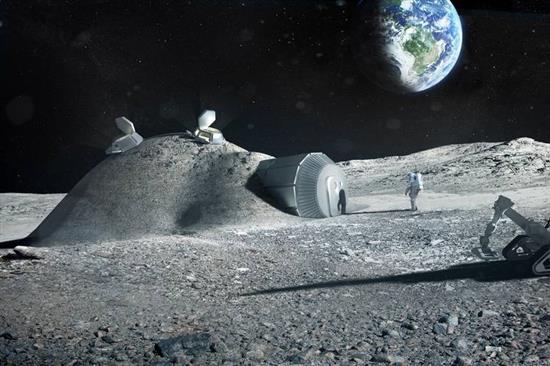Is Emigrating to Outer Space a Good Idea?
Emigrating to outer space has been a topic of interest and speculation for many years. With advancements in technology and the increasing excitement surrounding space exploration, the idea of living on another planet or in a space colony may seem like an intriguing possibility. However, there are several factors to consider before deciding if immigration to outer space is a good idea.
1. Physical and Psychological Challenges:
Living in outer space presents numerous physical and psychological challenges. Microgravity, cosmic radiation, and isolation are just a few of the obstacles that humans would encounter in a space environment. The longterm effects of these challenges on human health are still not completely understood. Additionally, the psychological impact of living in a confined space for extended periods can be significant, leading to issues such as depression, anxiety, and decreased mental wellbeing.
2. Technological Limitations:
While technology has advanced significantly, we are still far from having the necessary infrastructure to support a large population in outer space. Building sustainable habitats, providing necessities such as food, water, and oxygen, and maintaining a functional ecosystem are just some of the challenges that need to be overcome. It will require substantial investments in research and development to make outer space habitable on a large scale.
3. Environmental Impact:
Emigrating to outer space may seem like a solution to the environmental problems we face on Earth. However, it is important to consider the impact of space colonization on the cosmos itself. Any human activity in space will have consequences, and we need to carefully evaluate how these activities could affect the delicate balance of the universe.
4. Resource Allocation:
The allocation of resources is a crucial consideration. As we explore space colonization, we must ensure that it does not divert resources and attention away from addressing the pressing issues we face on Earth, such as poverty, hunger, and climate change. It is essential to strike a balance between space exploration and addressing the needs of our planet and its inhabitants.
5. Ethical Considerations:
The pursuit of space colonization raises ethical considerations. Who would have the opportunity to emigrate to outer space? How would we address issues of inequality and ensure fairness in the distribution of resources and opportunities? These are important questions that need to be thoughtfully addressed before proceeding with space colonization efforts.

In conclusion, while the idea of emigrating to outer space may seem exciting, it is essential to approach it with careful consideration. The physical and psychological challenges, technological limitations, environmental impact, resource allocation, and ethical considerations must all be taken into account. It is crucial to prioritize addressing the needs and challenges on Earth while also exploring the possibilities of space colonization. By carefully weighing these factors and making informed decisions, we can strive for a balanced and sustainable approach to space exploration.











